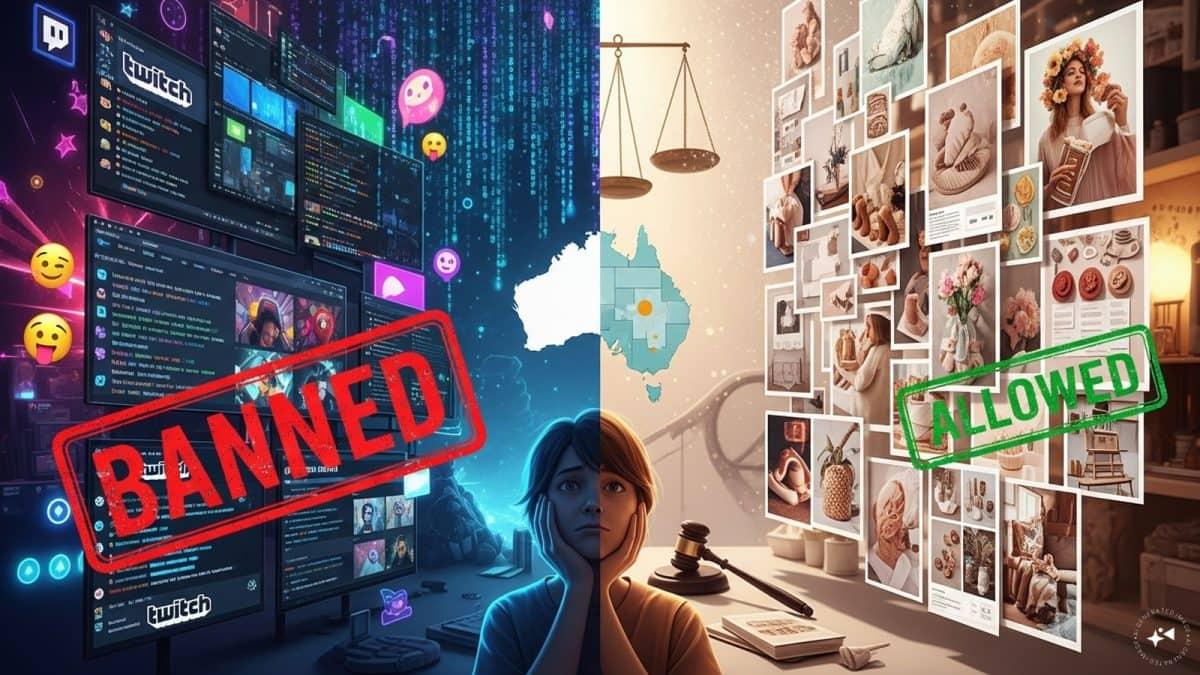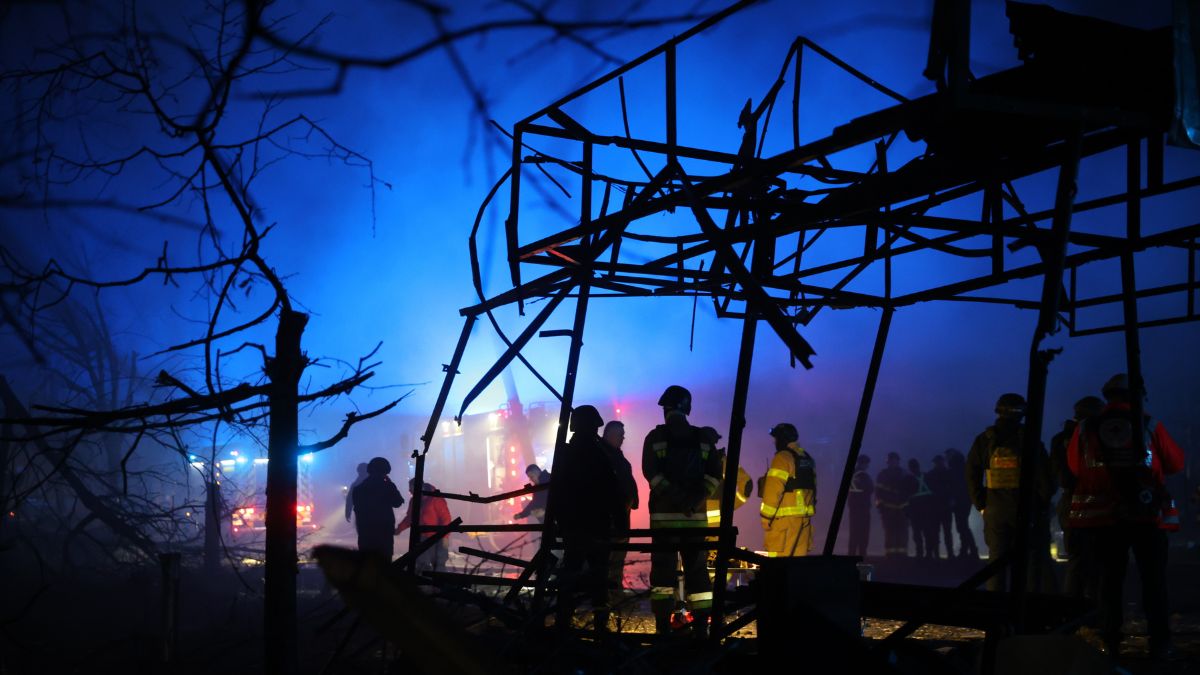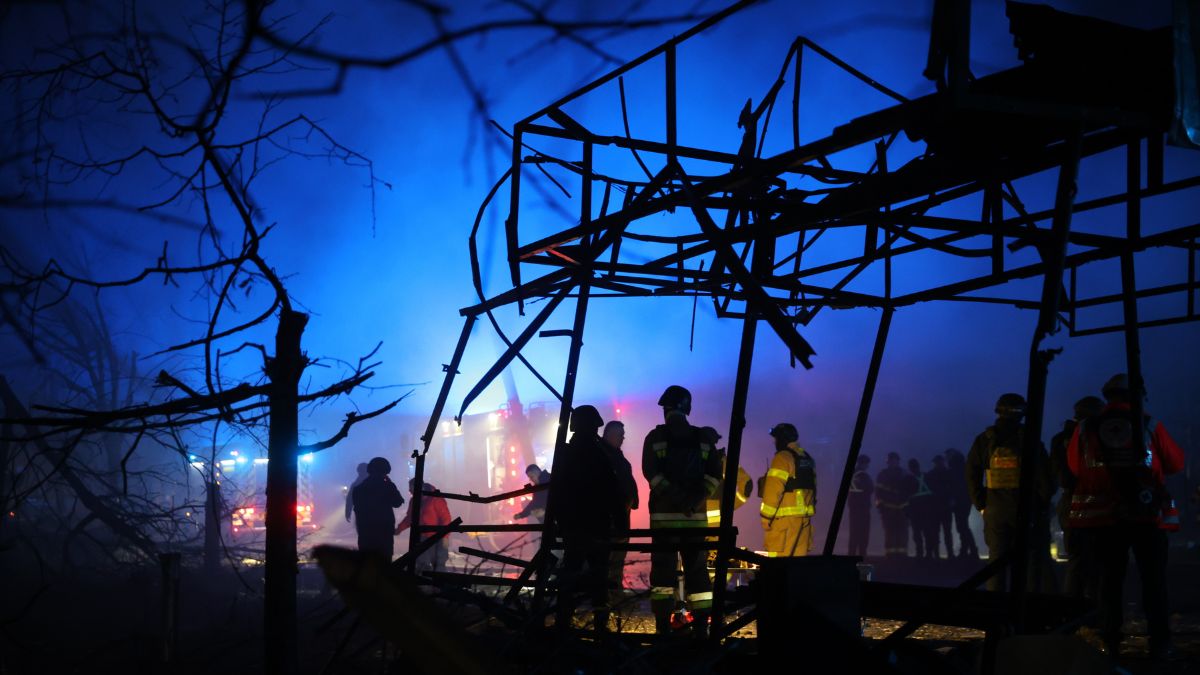For years, experts have warned that looking at your phone before bed will ruin your sleep. But a new study from Toronto Metropolitan University (TMU) and Université Laval suggests the relationship between bedtime screen use and sleep may be far more nuanced.
The study, based on self-reported data from more than 1,000 Canadian adults, found little difference in overall sleep health between people who used screens every night and those who avoided them entirely. Surprisingly, the poorest sleep was reported by those who used their phones only a few nights a week.
Rethinking the blue-light effect
Previous research has largely blamed blue light from phones and LED screens for suppressing melatonin and disrupting sleep. But TMU researchers argue that earlier studies often overlooked factors such as age, timing, and intensity of exposure.
TMU Professor Colleen Carney, a co-author and specialist in sleep and mood disorders, told TIME that many blue-light studies rely on artificial conditions that do not reflect everyday life. Some, she said, “stack the deck” to make blue light appear to be the main culprit.
“It is true that we do have those studies, but in order to get those results, these studies usually pick young adults who are closer to puberty, which is really important, because that makes you light sensitive. And then they keep them in the lab overnight and all through the day, they’re in dim light all day long,” Carney says.
“I think people have taken findings in this area and applied them much too broadly, and have not paid attention to studies that don’t find it.”
Carney emphasized that what people do on their phones matters just as much as screen type. Engaging with content that is “upsetting or alerting” or simply hard to put down can interfere with sleep.
Quick Reads
View AllScreens have become routine
Published in Sleep Health in October, the study found that more than 80 percent of participants reported using screens at bedtime in the past month, and nearly half did so every night.
Carney’s findings add to growing research suggesting that blue light may have been unfairly blamed for poor sleep.
Past studies have shown mixed results: a 2011 Journal of Applied Physiology study linked blue-light exposure to reduced melatonin, while a 2023 Brain Communications study found that putting the phone away at least an hour before bed could mitigate its negative effects. A 2025 study in Life highlighted blue light’s impact on circadian rhythms and suggested red light as a safer alternative.
Correlation is not causation
Other research has associated phone use with poor sleep but struggled to prove causation. A 2016 PLOS ONE study, covered by TIME, found a strong link between bedtime phone use and poor sleep but could not determine which caused the other.
“We can’t exclude the possibility that people who just can’t get to sleep for some unrelated reason happen to fill that time by using their smartphone,” researcher Dr. Gregory Marcus told TIME in 2016.
A 2024 National Sleep Foundation panel concluded that screen use harms sleep in children and adolescents—largely due to content—but did not reach consensus on whether blue light affects adult sleep. Meanwhile, a March 2025 American Cancer Society study of 122,000 participants found that daily screen use was linked to later bedtimes and about 50 minutes less sleep each week.
Challenging long-held assumptions
Dr. Alex Dimitriu, a psychiatrist and sleep medicine specialist in Menlo Park, California, called the TMU findings “fascinating, because it goes against a very large established body of research which suggests a clear effect on sleep quality from screen use,” citing the 2025 American Cancer Society study as an example.


)

)
)
)
)
)
)
)
)



